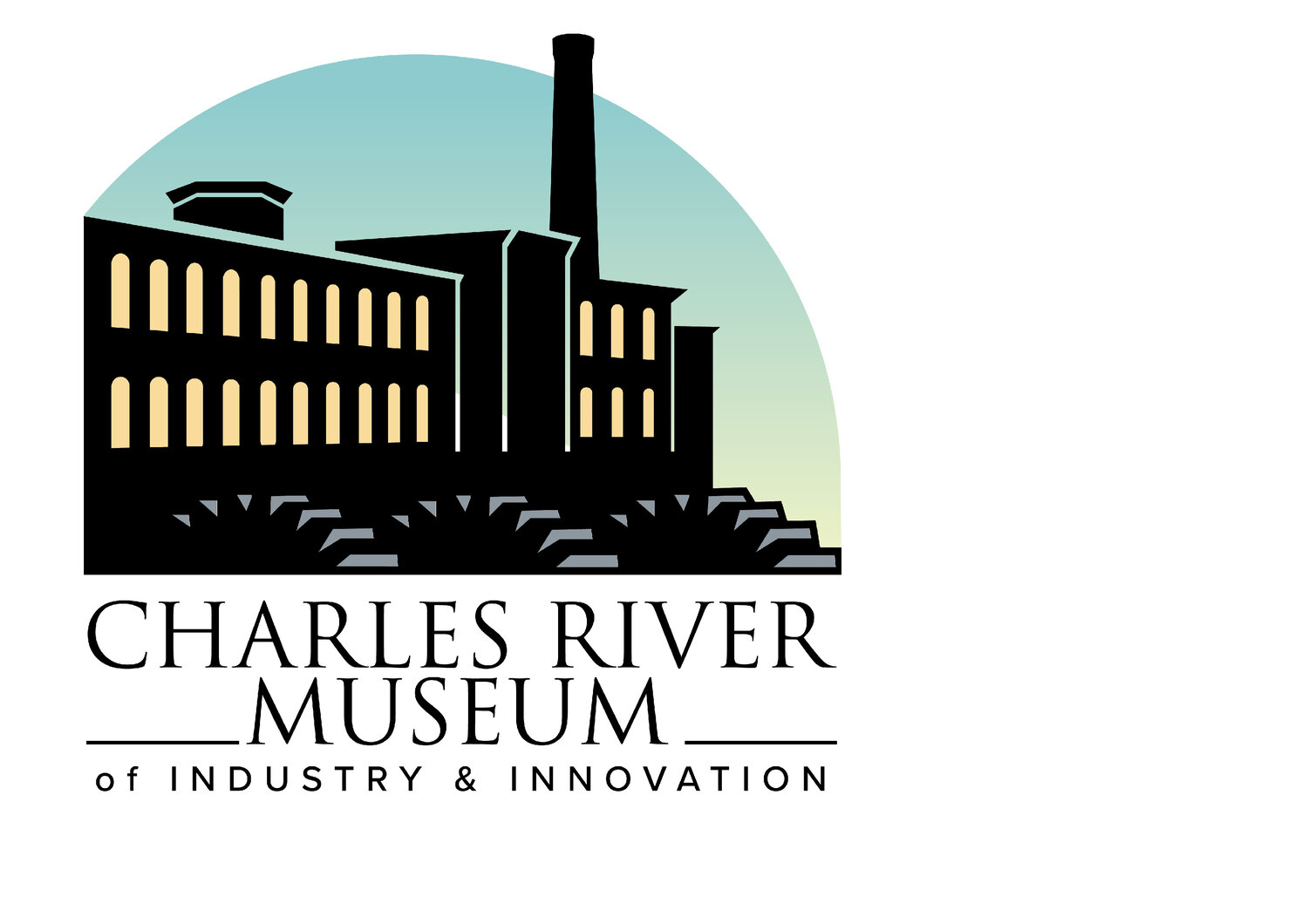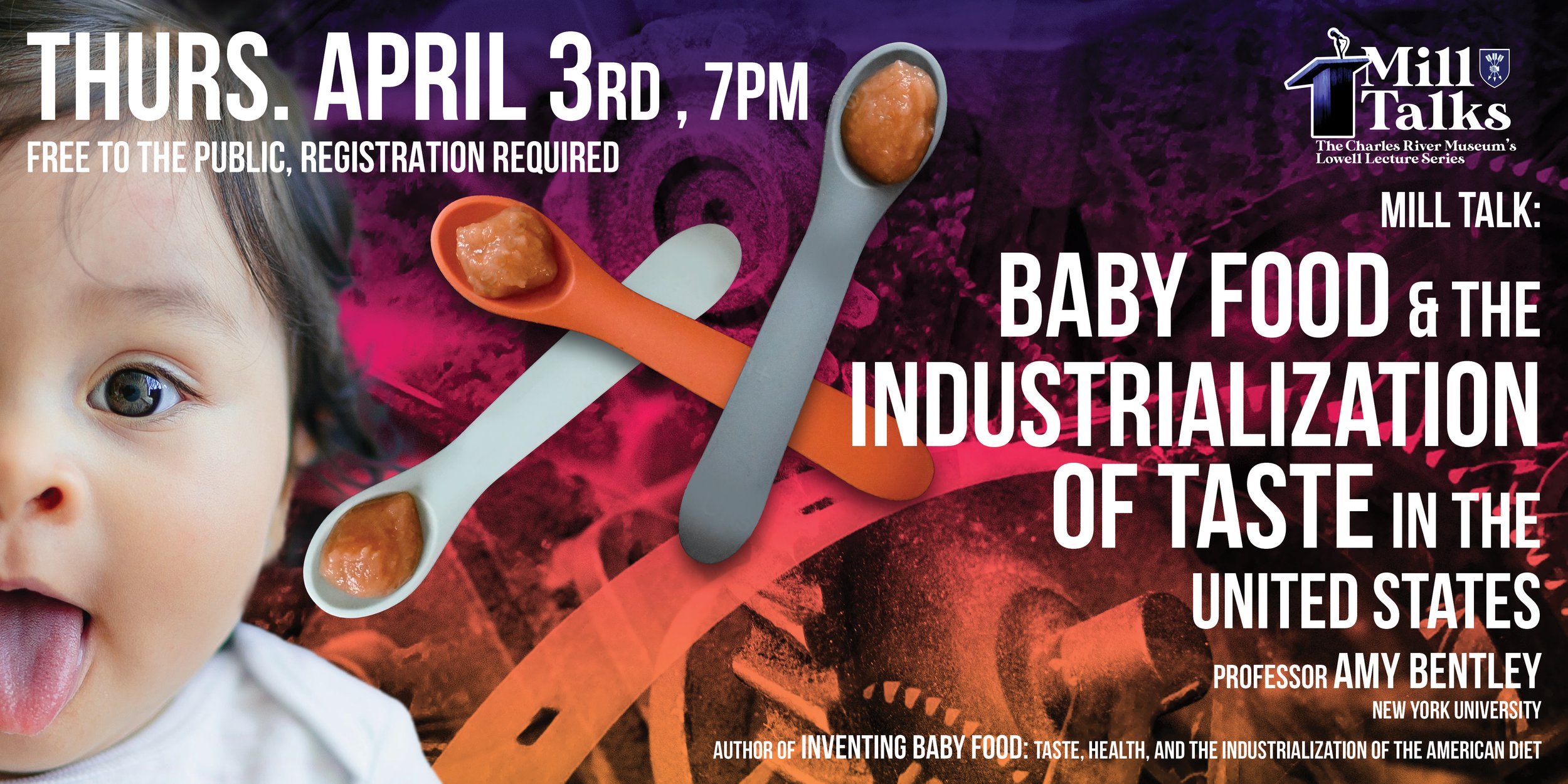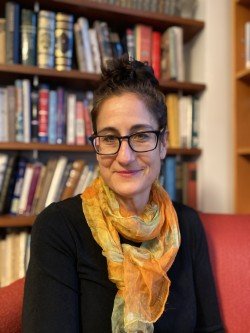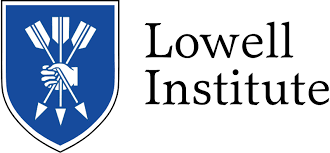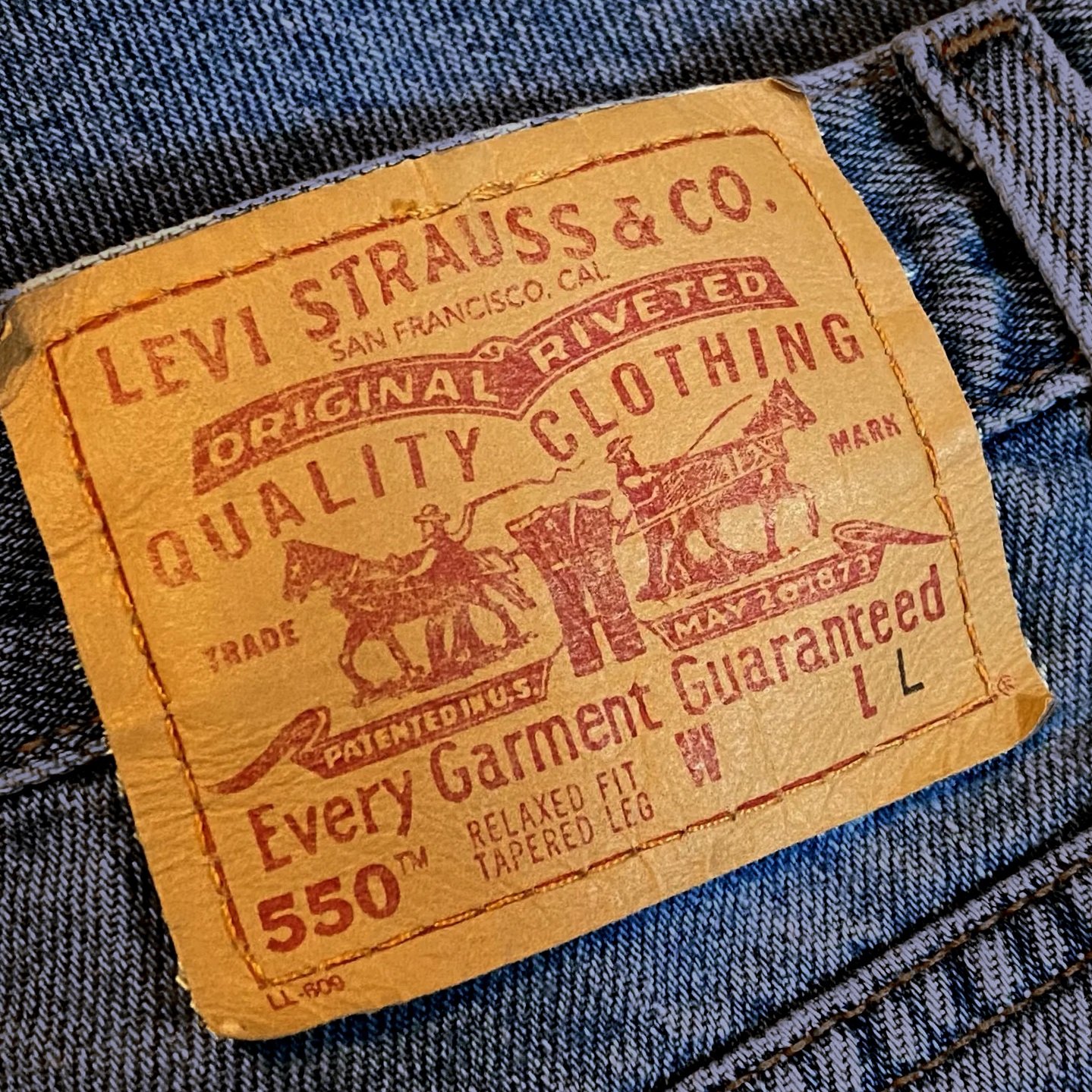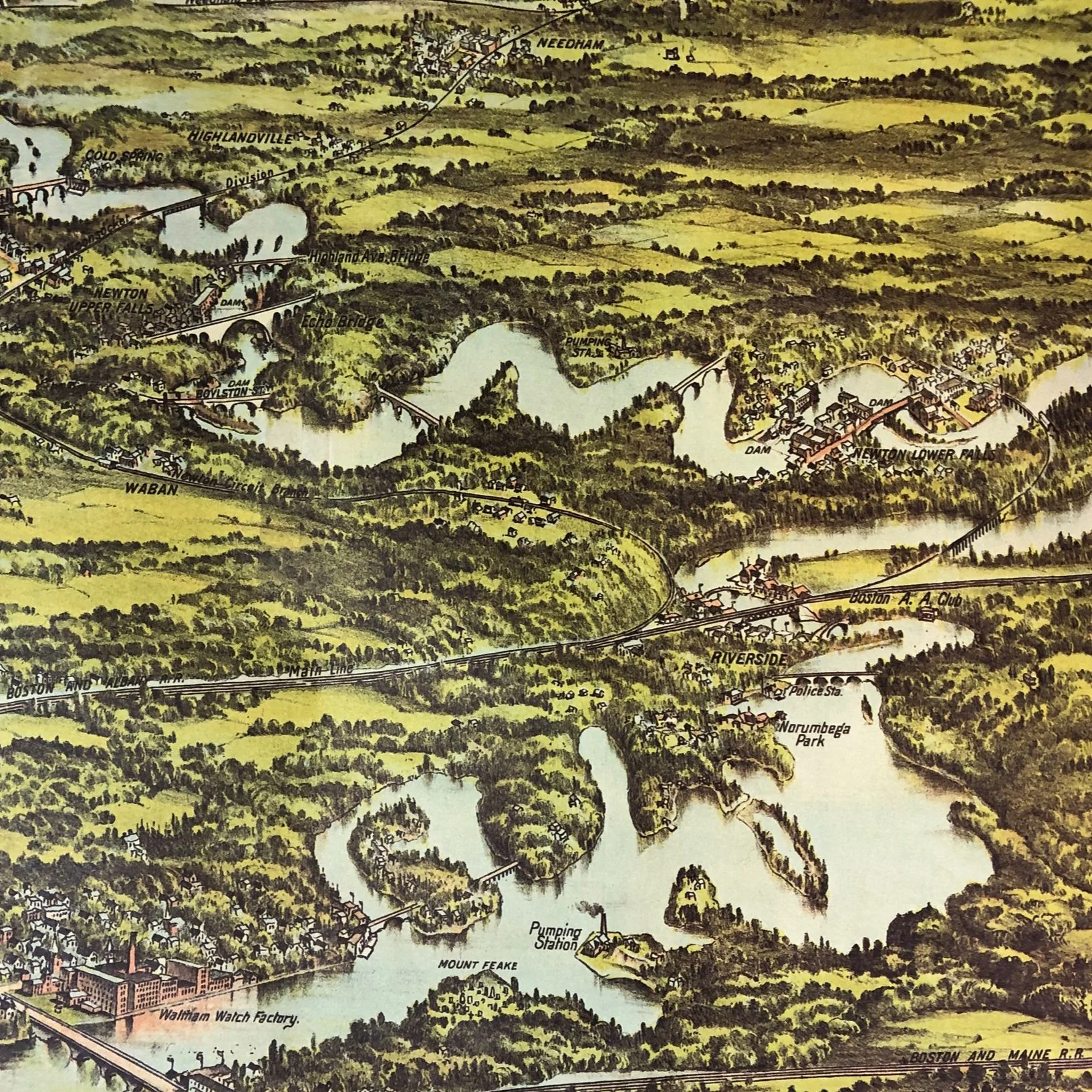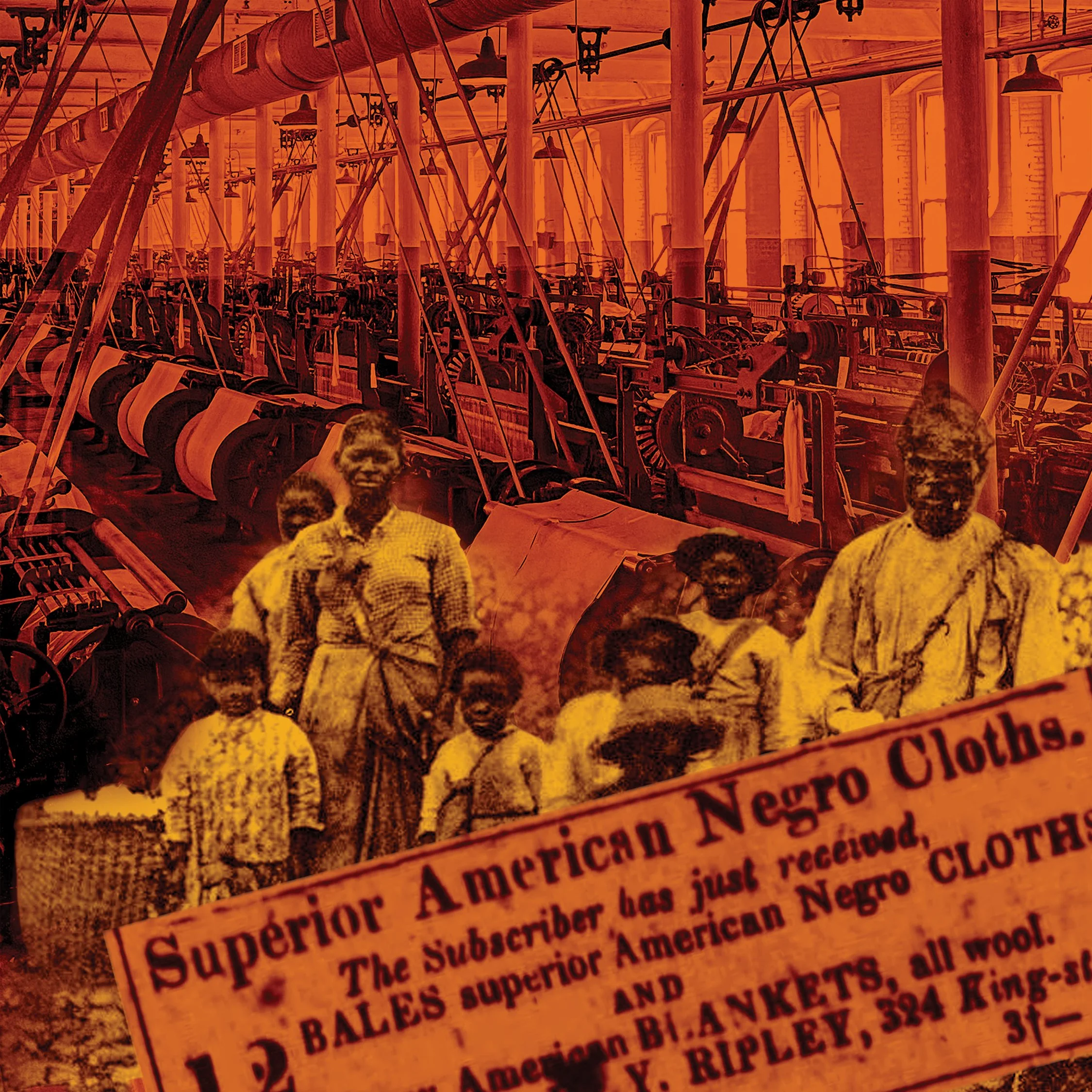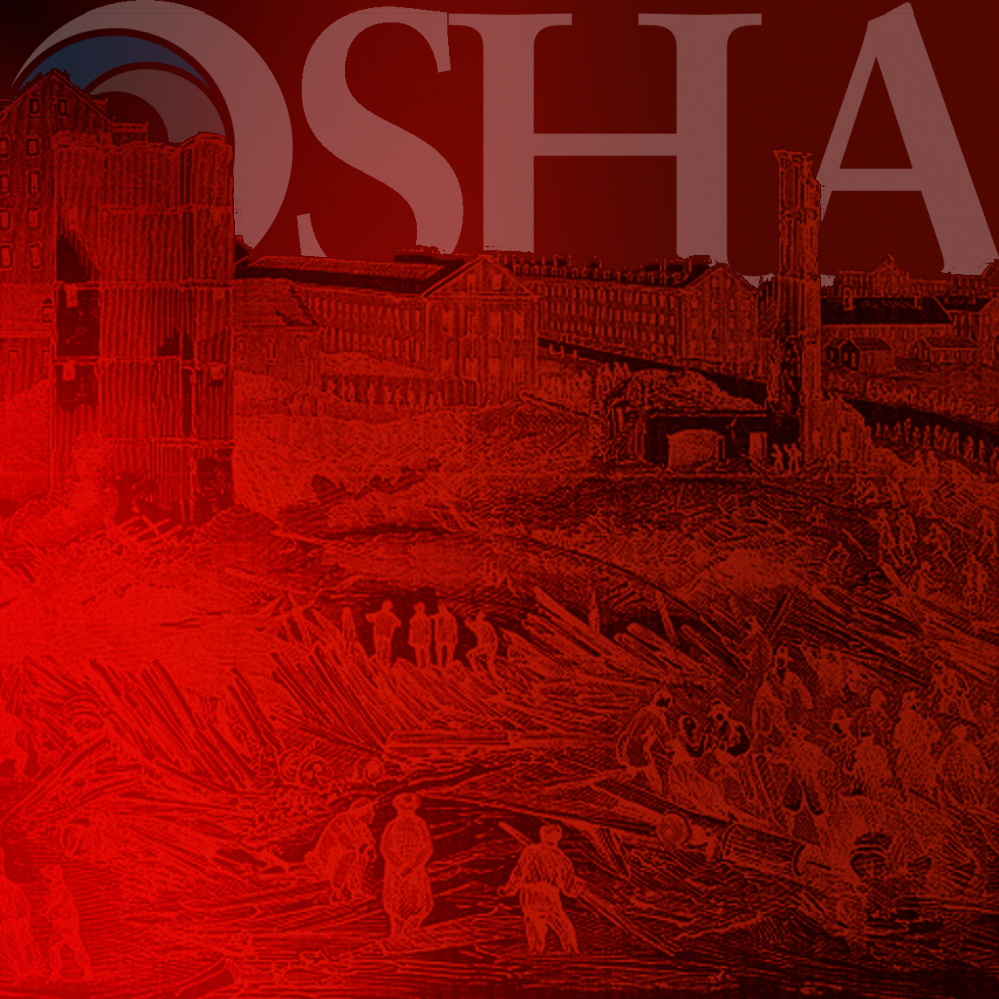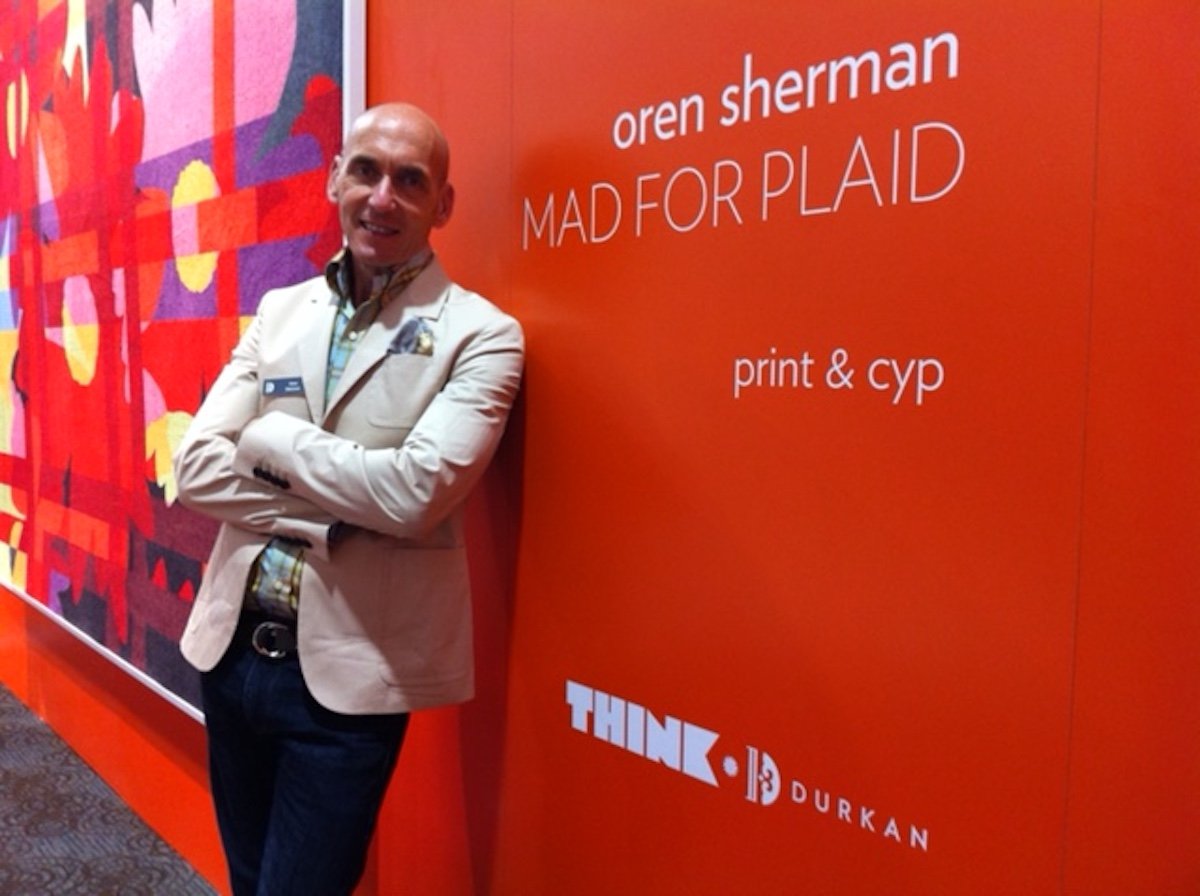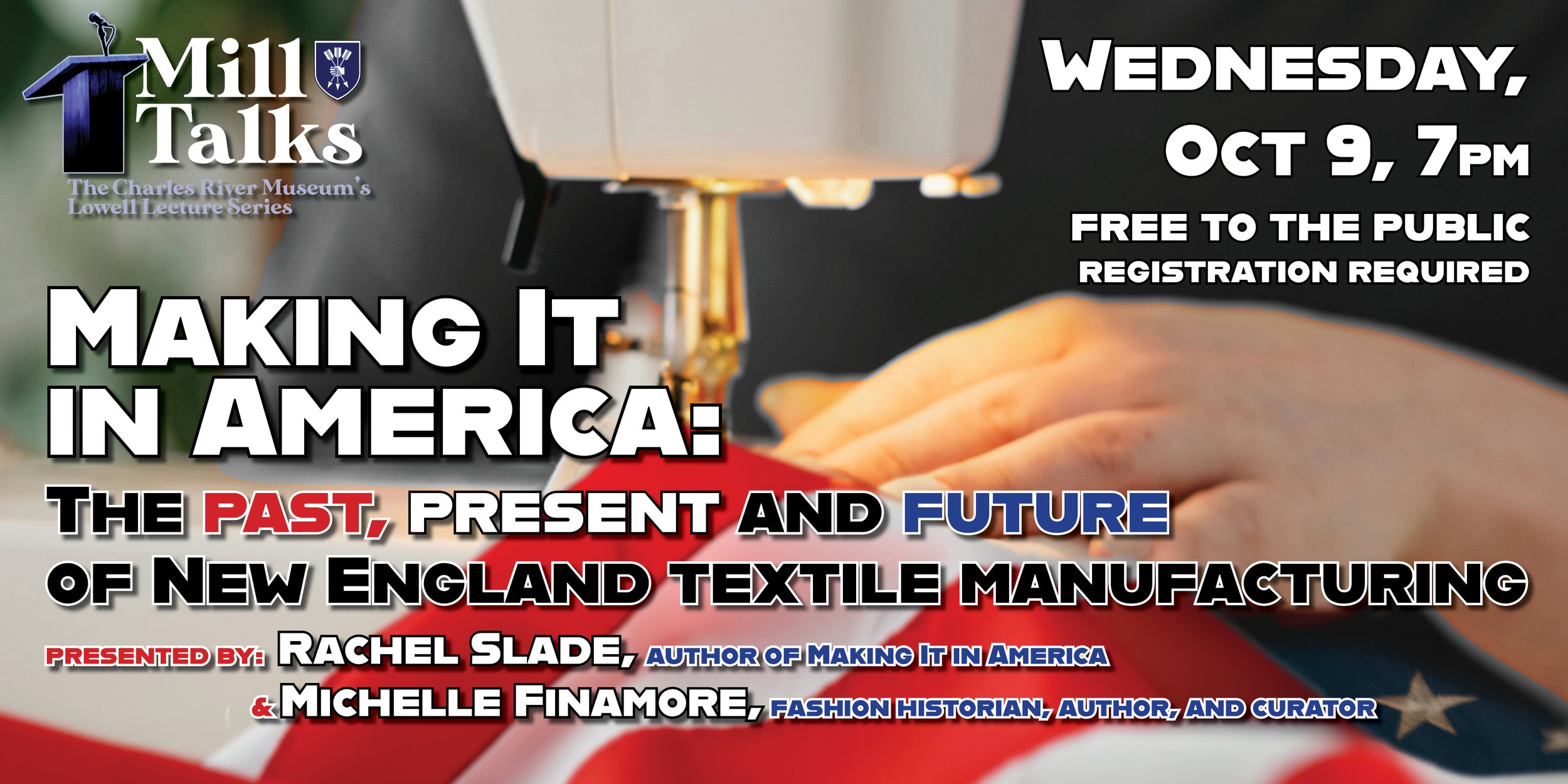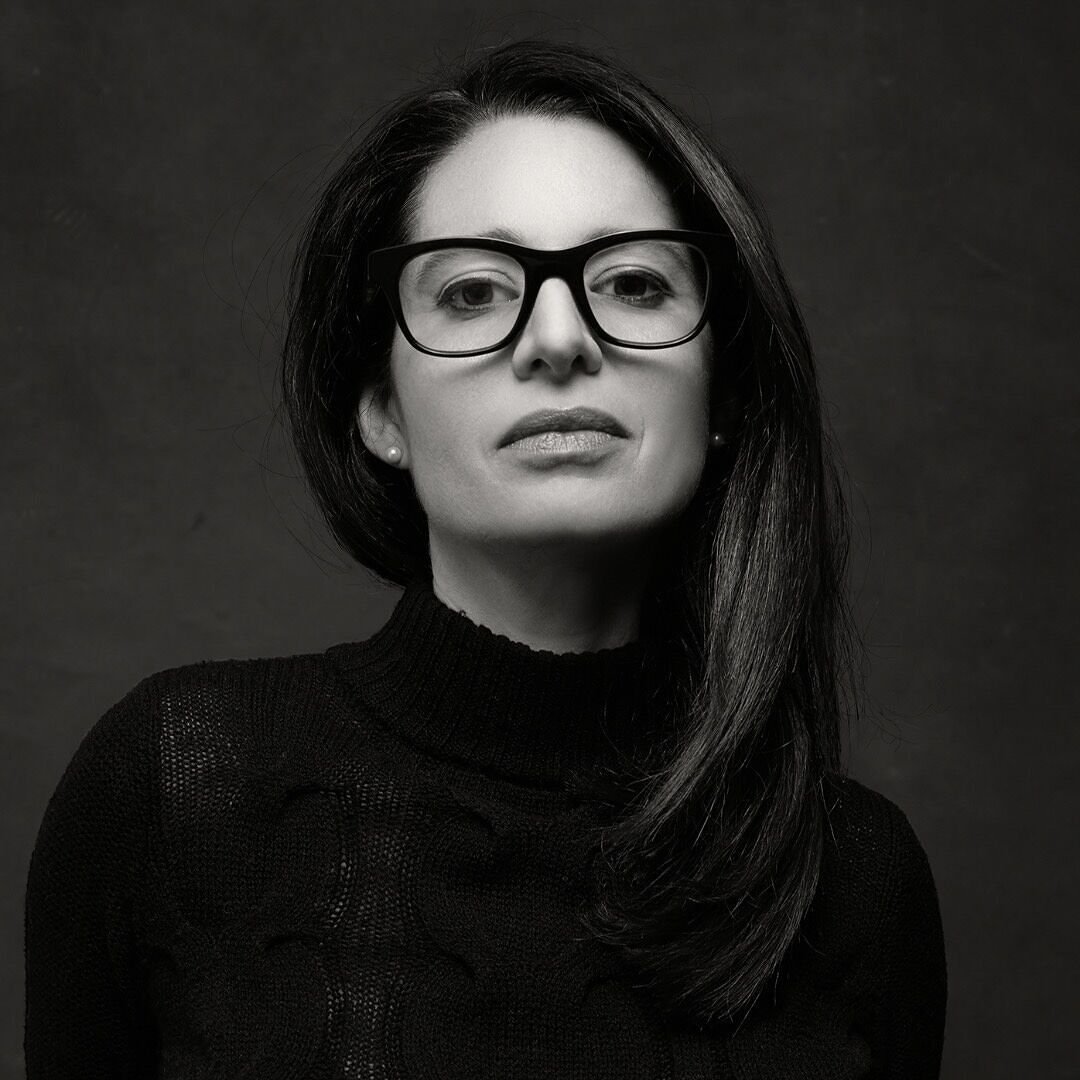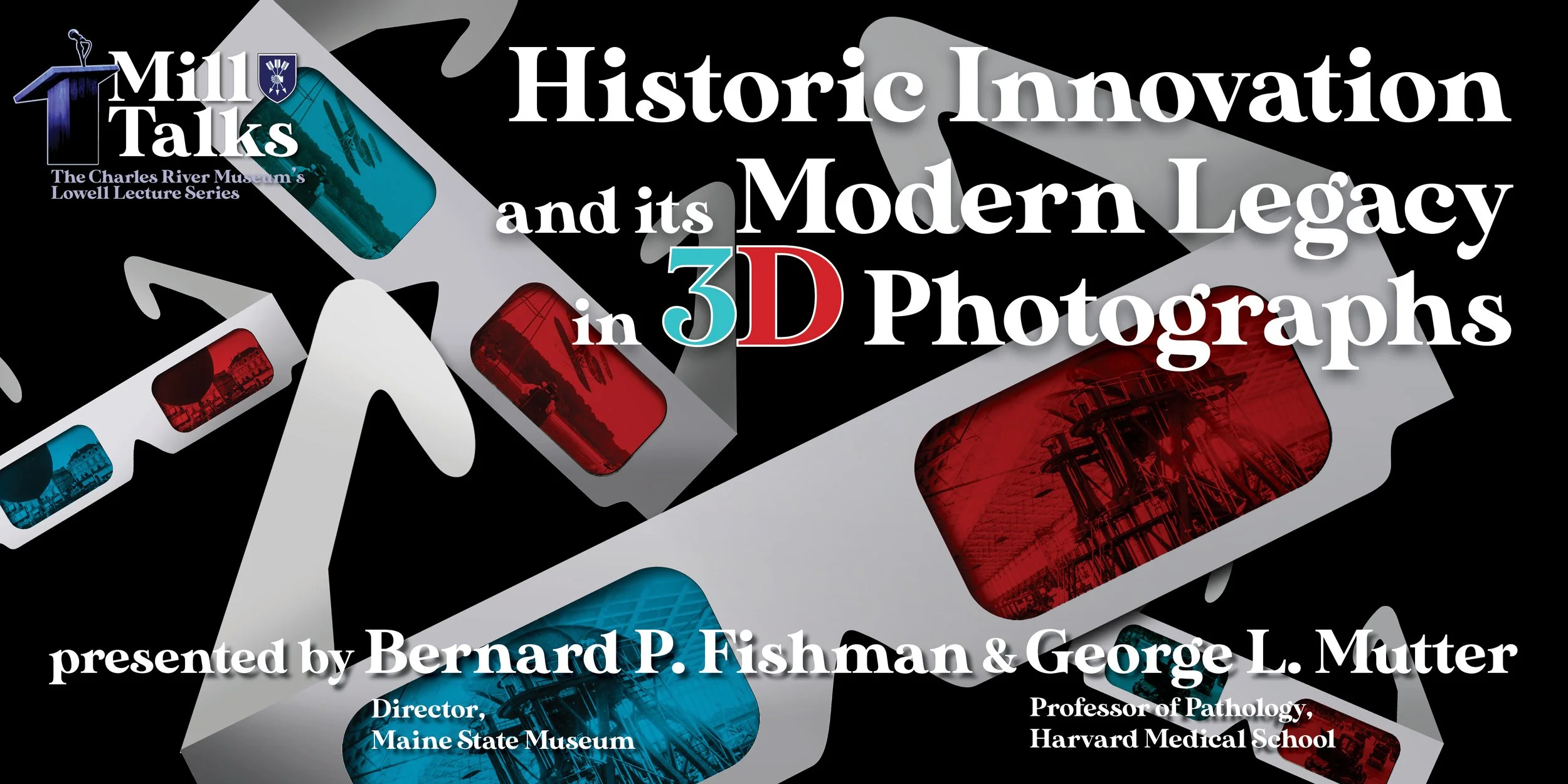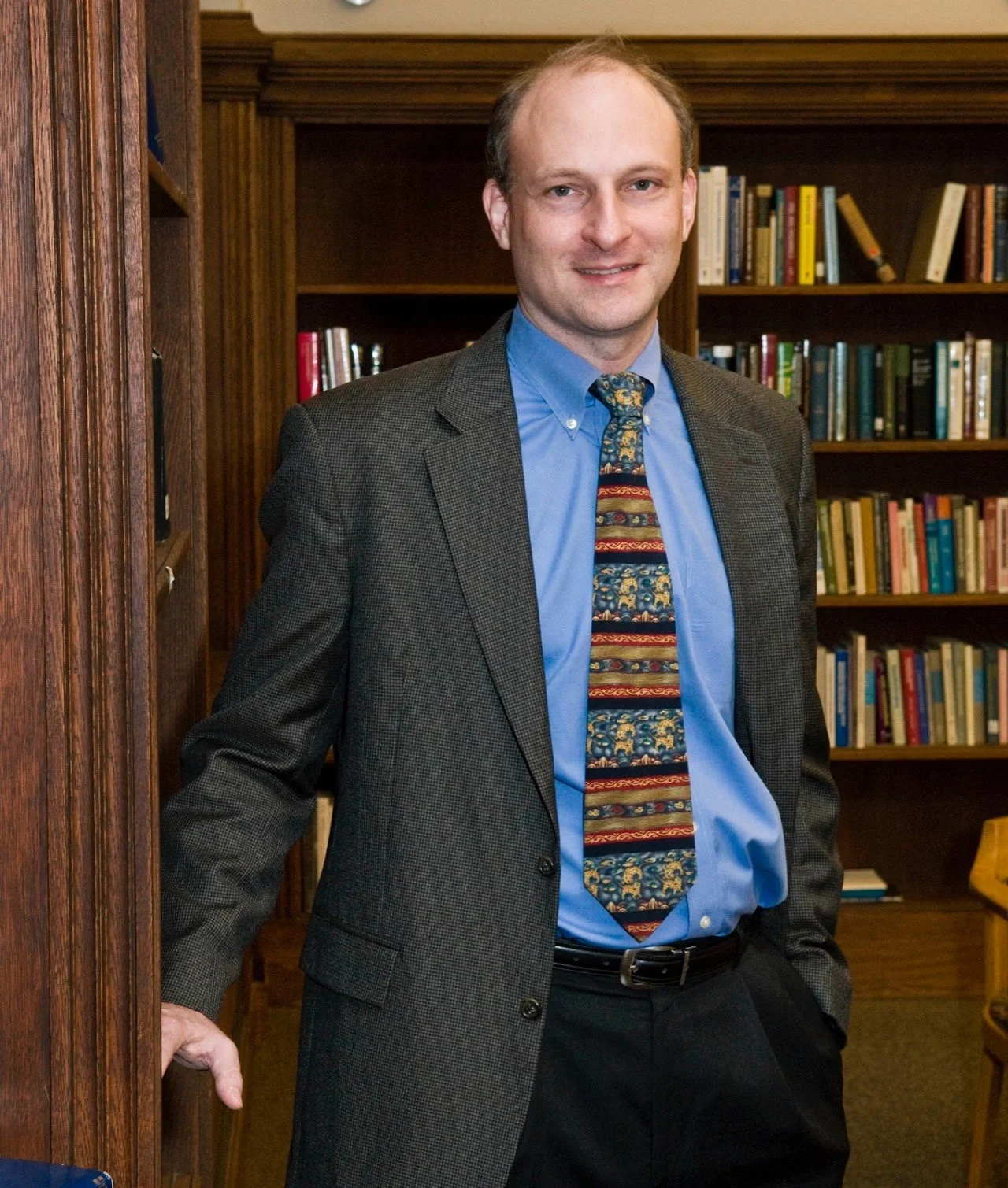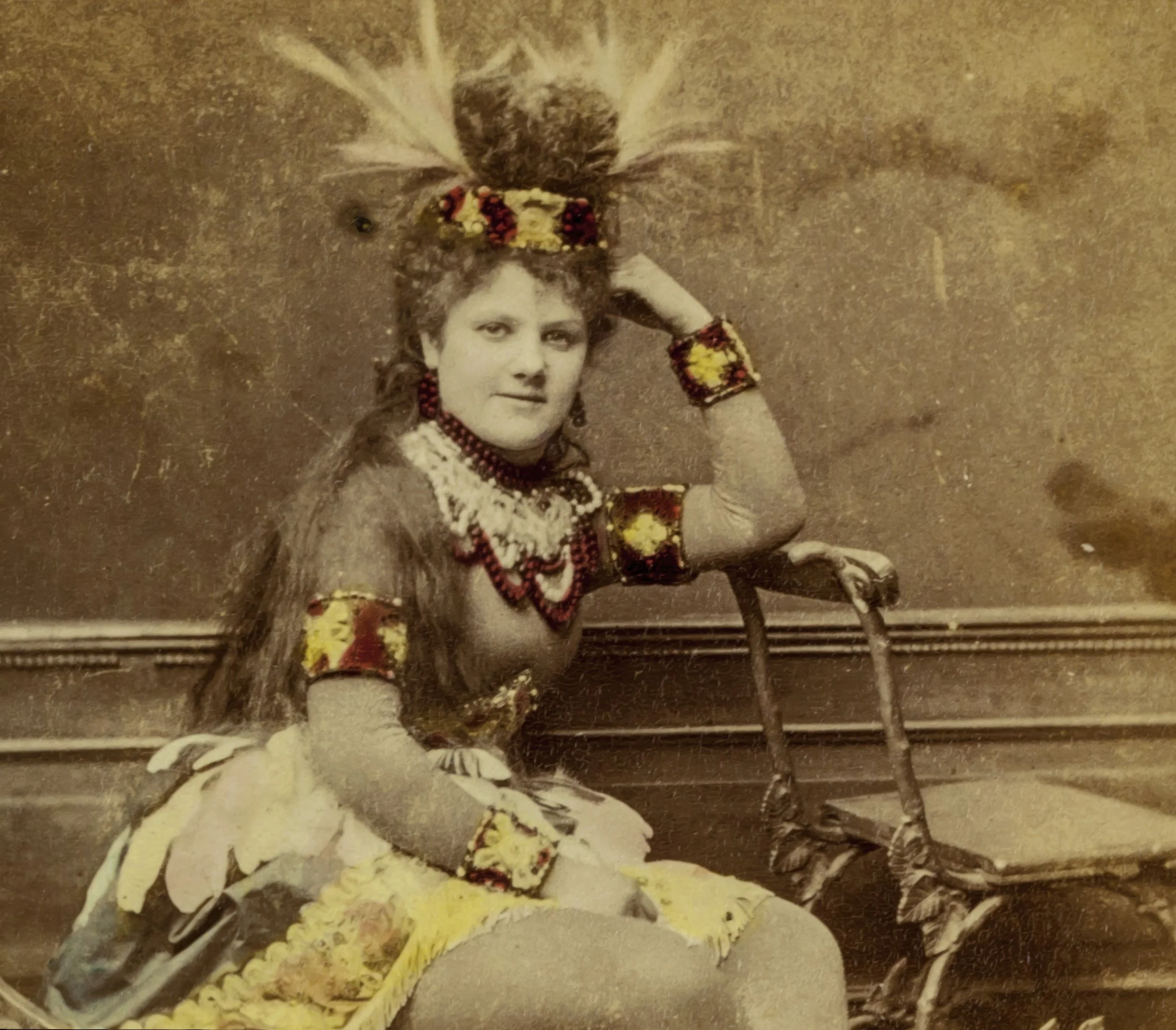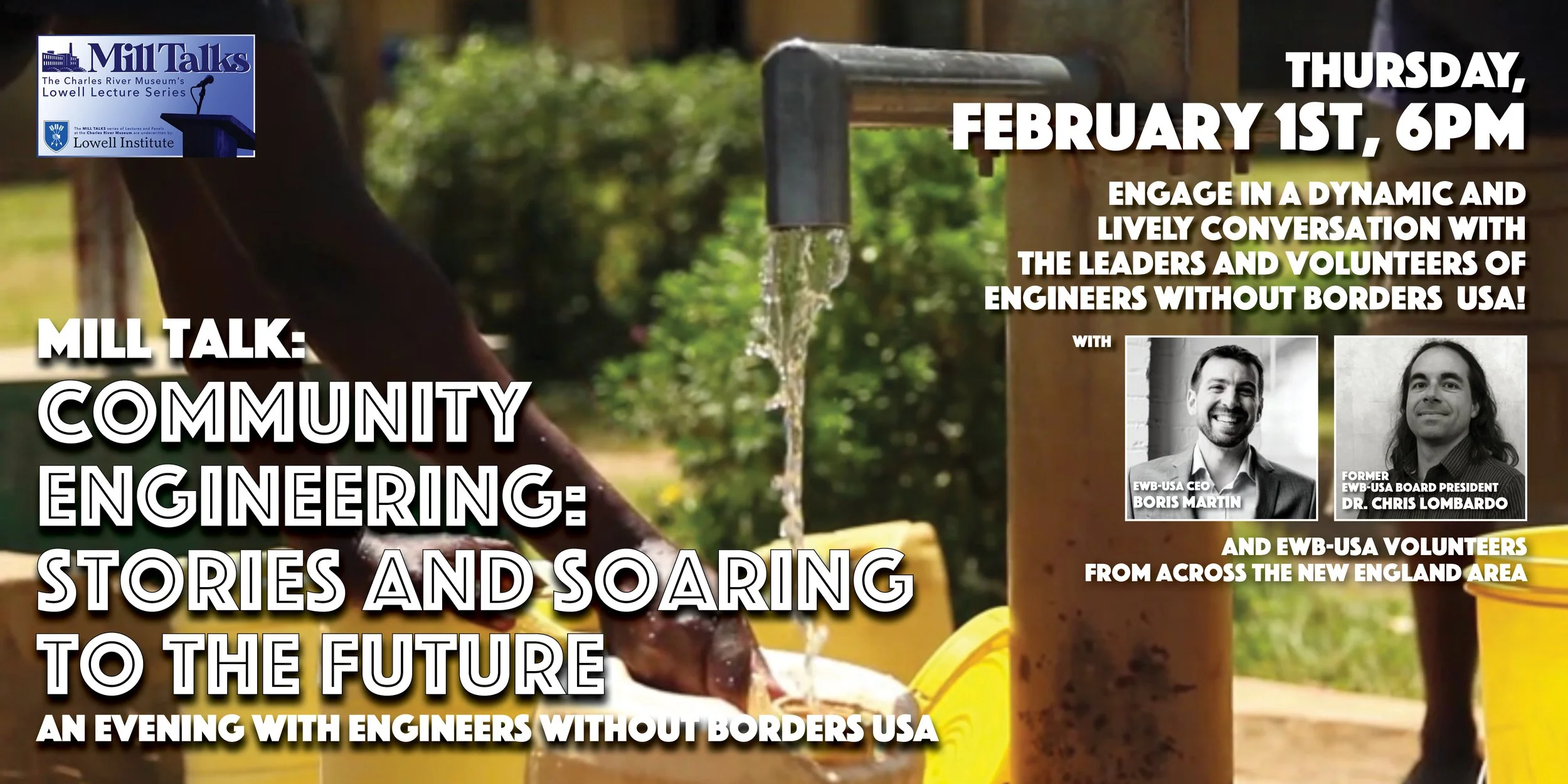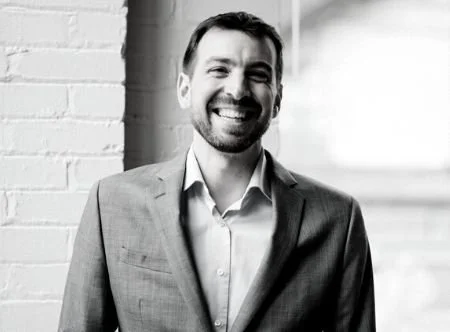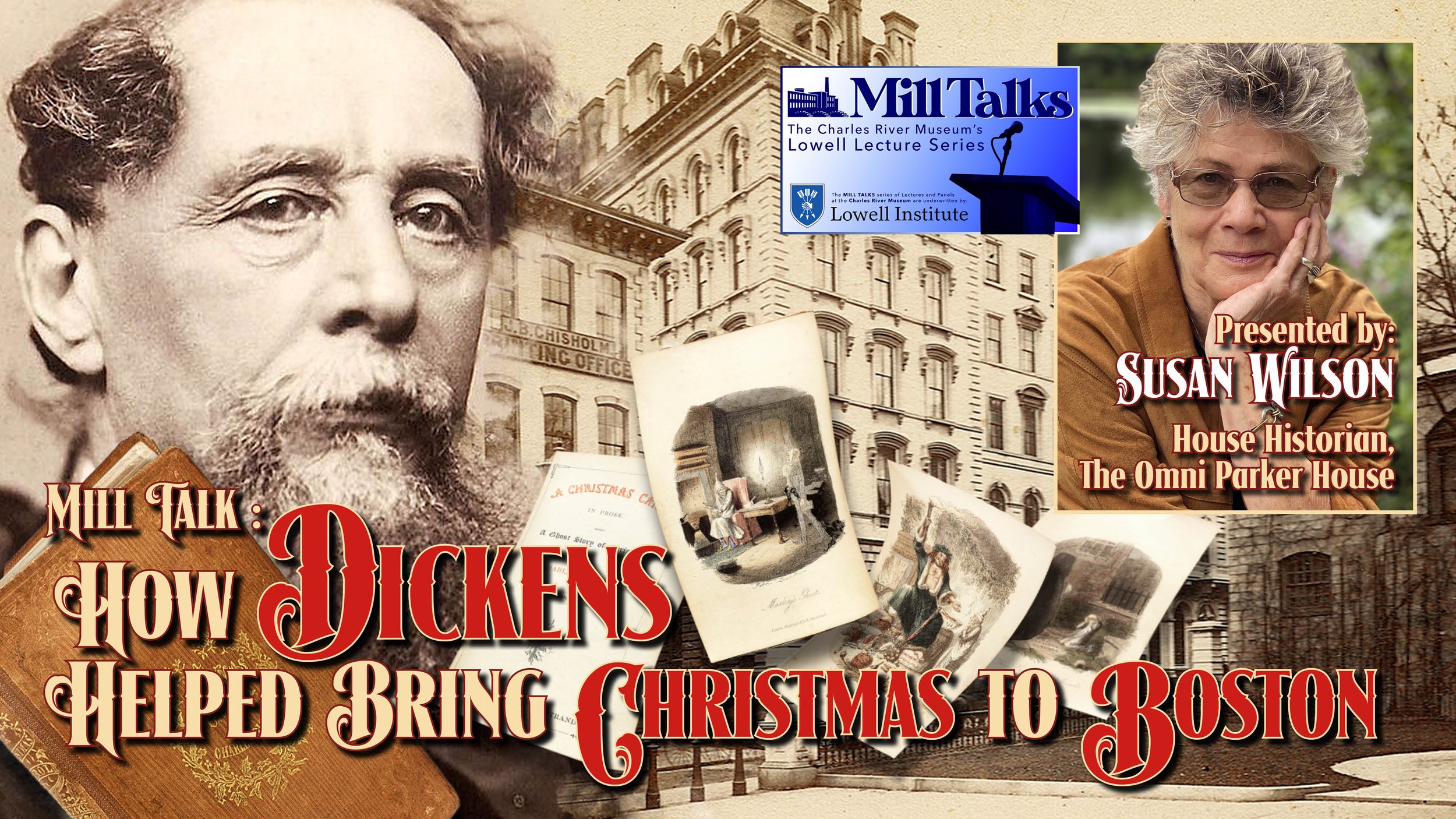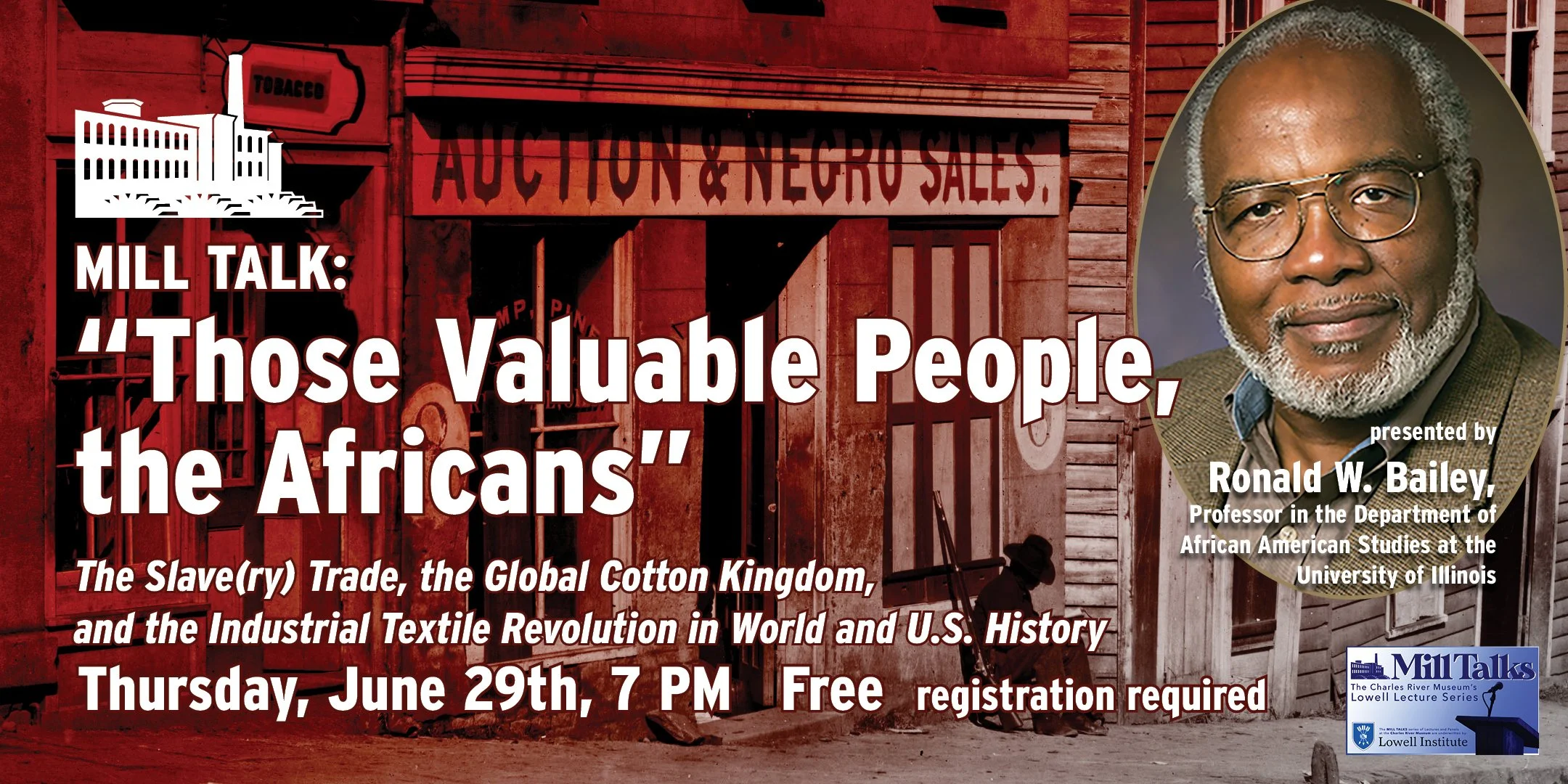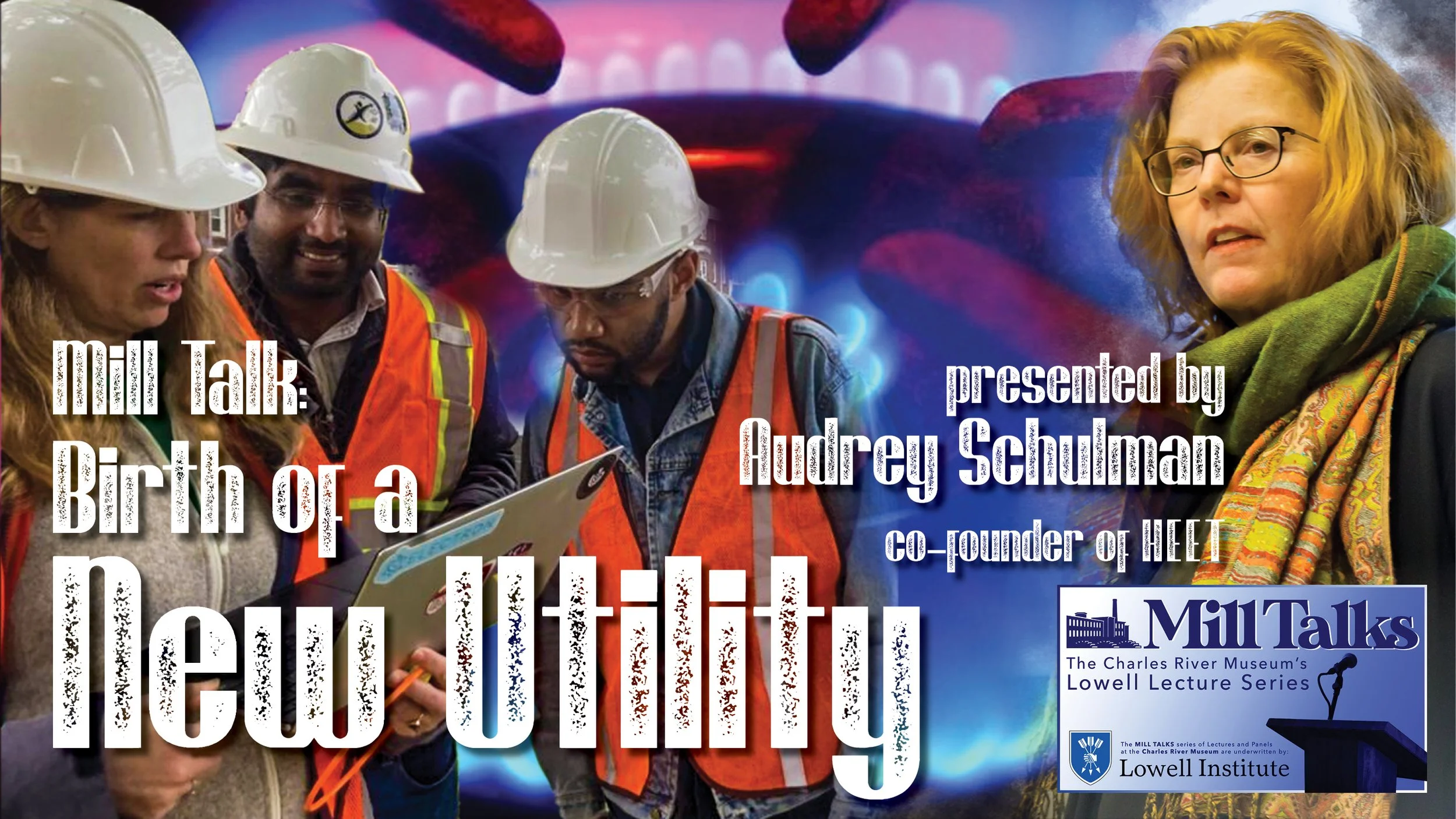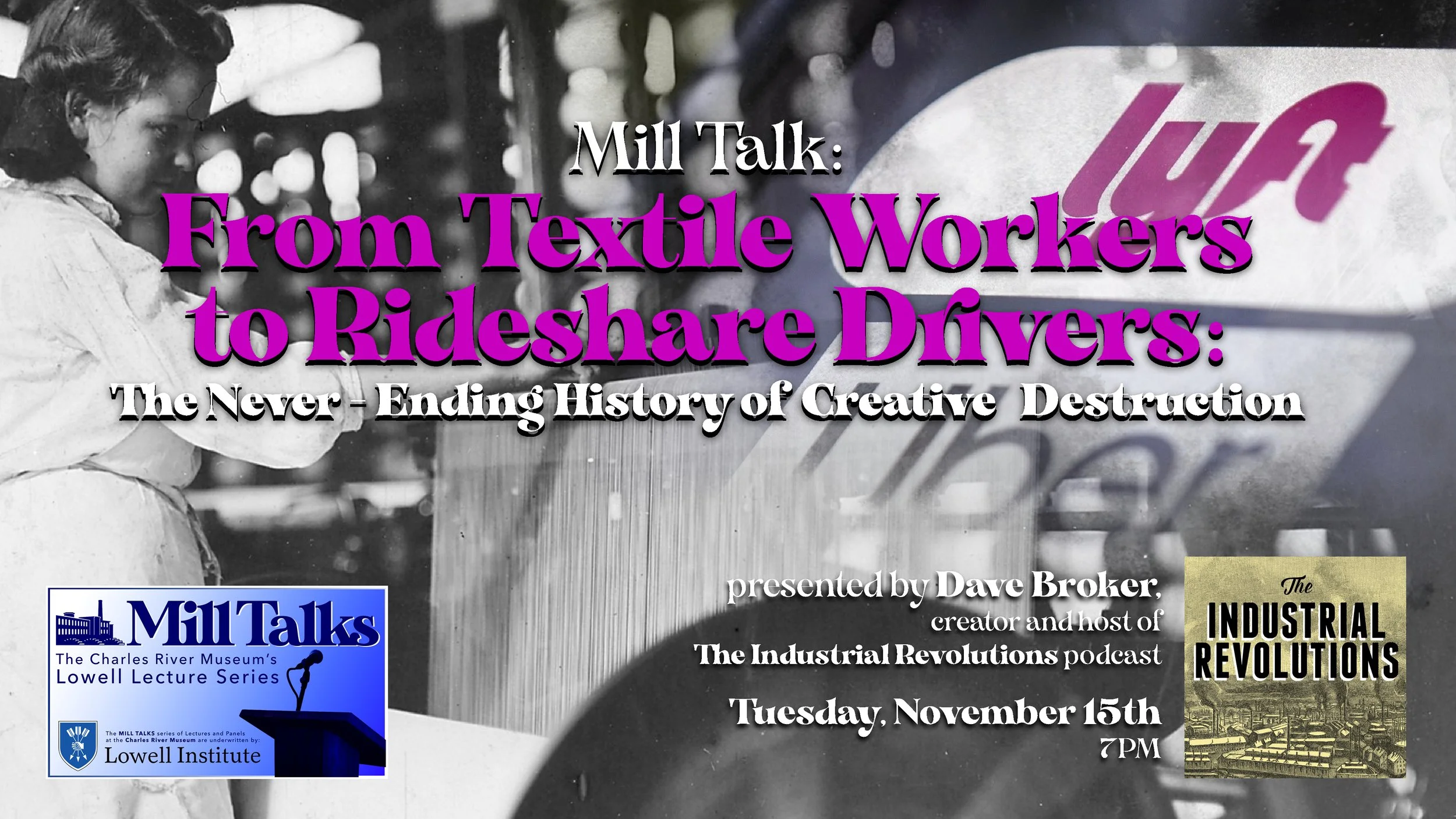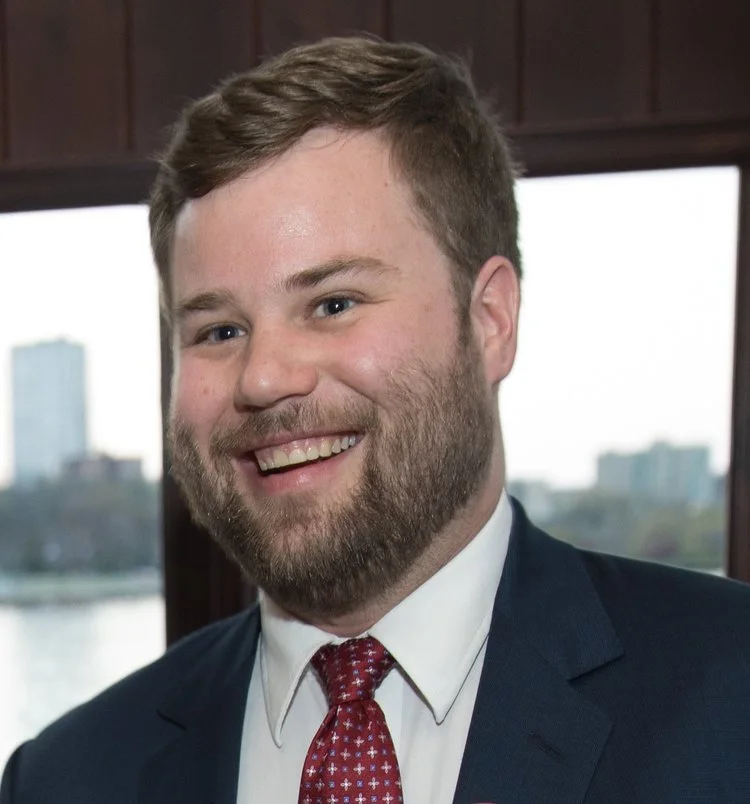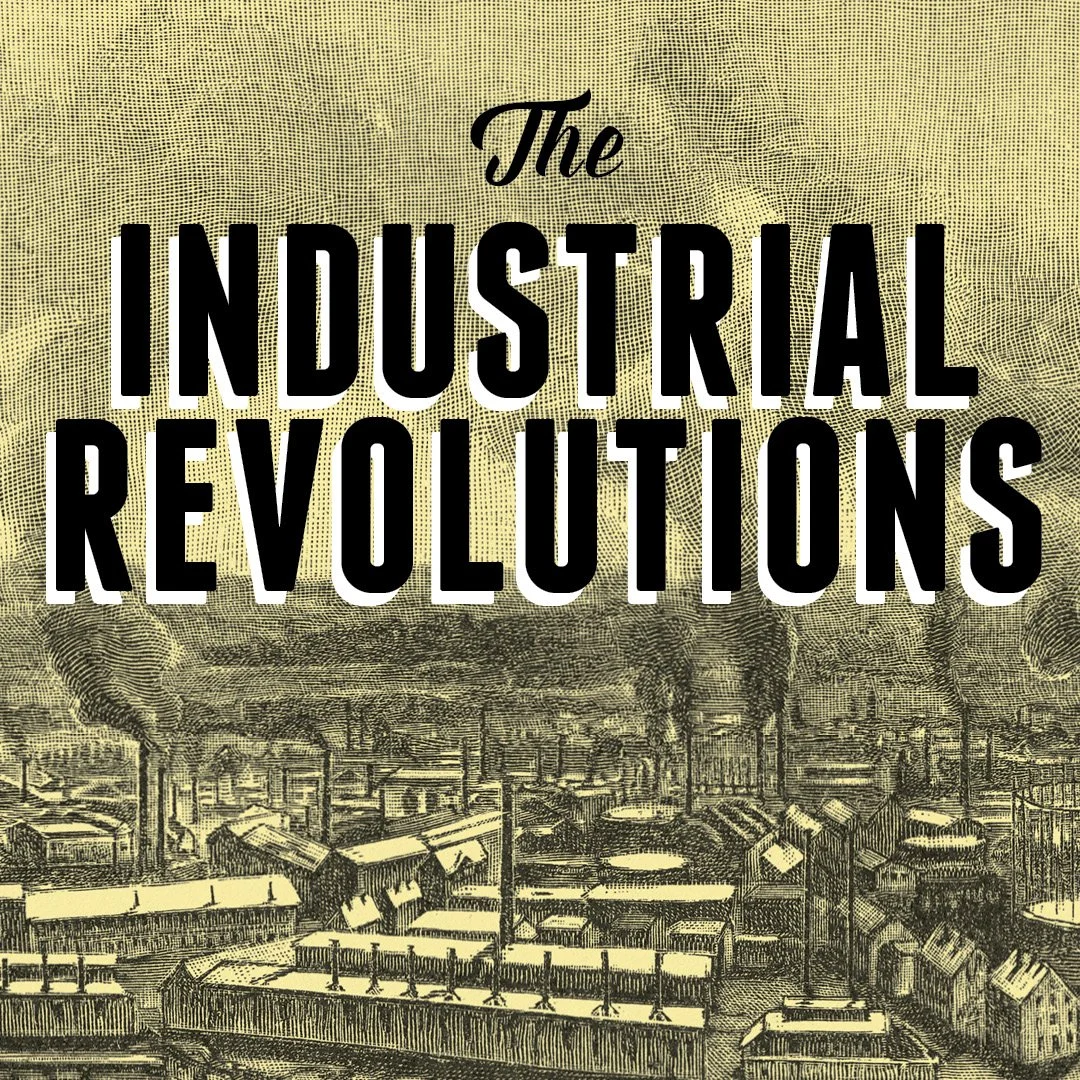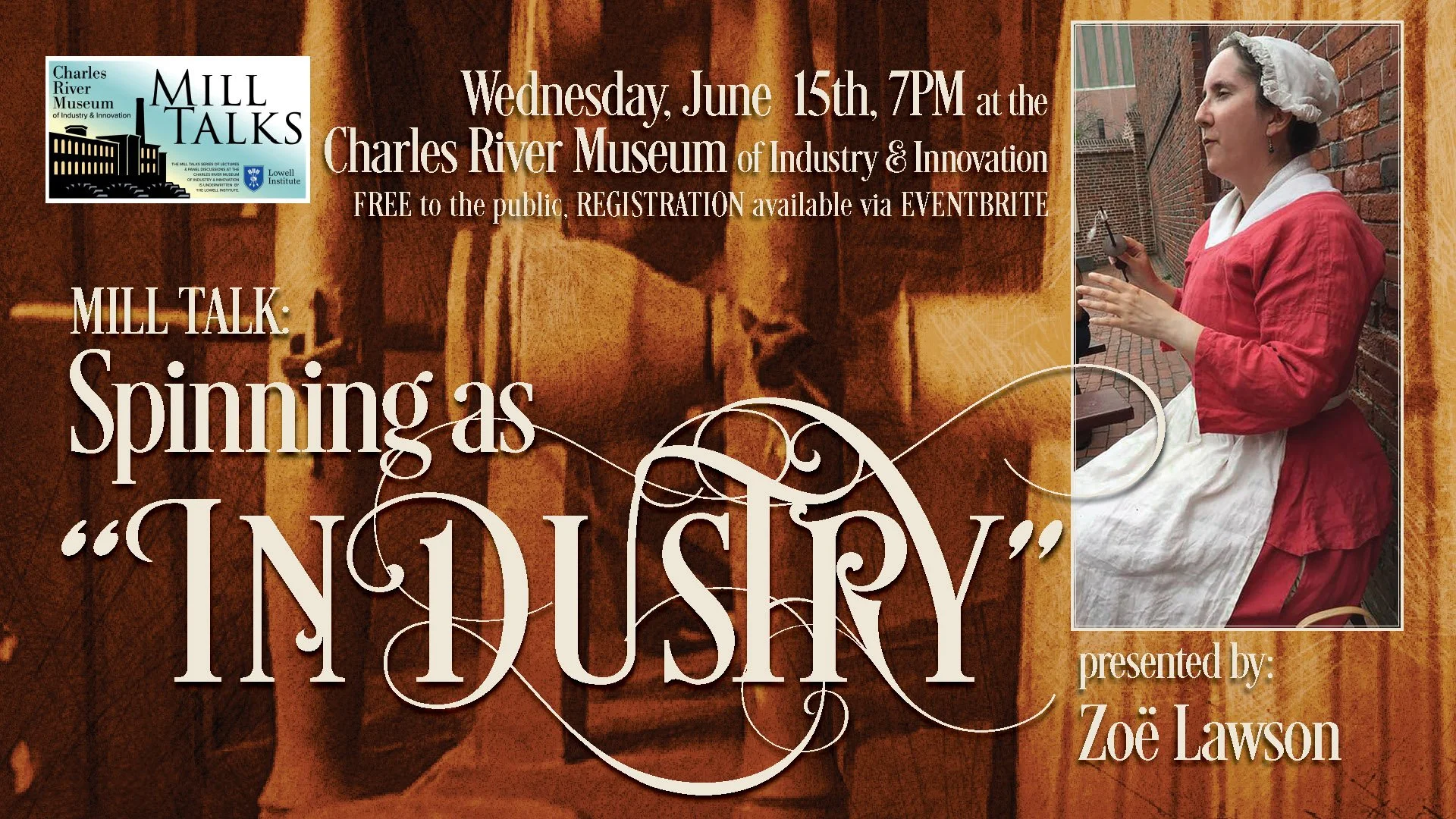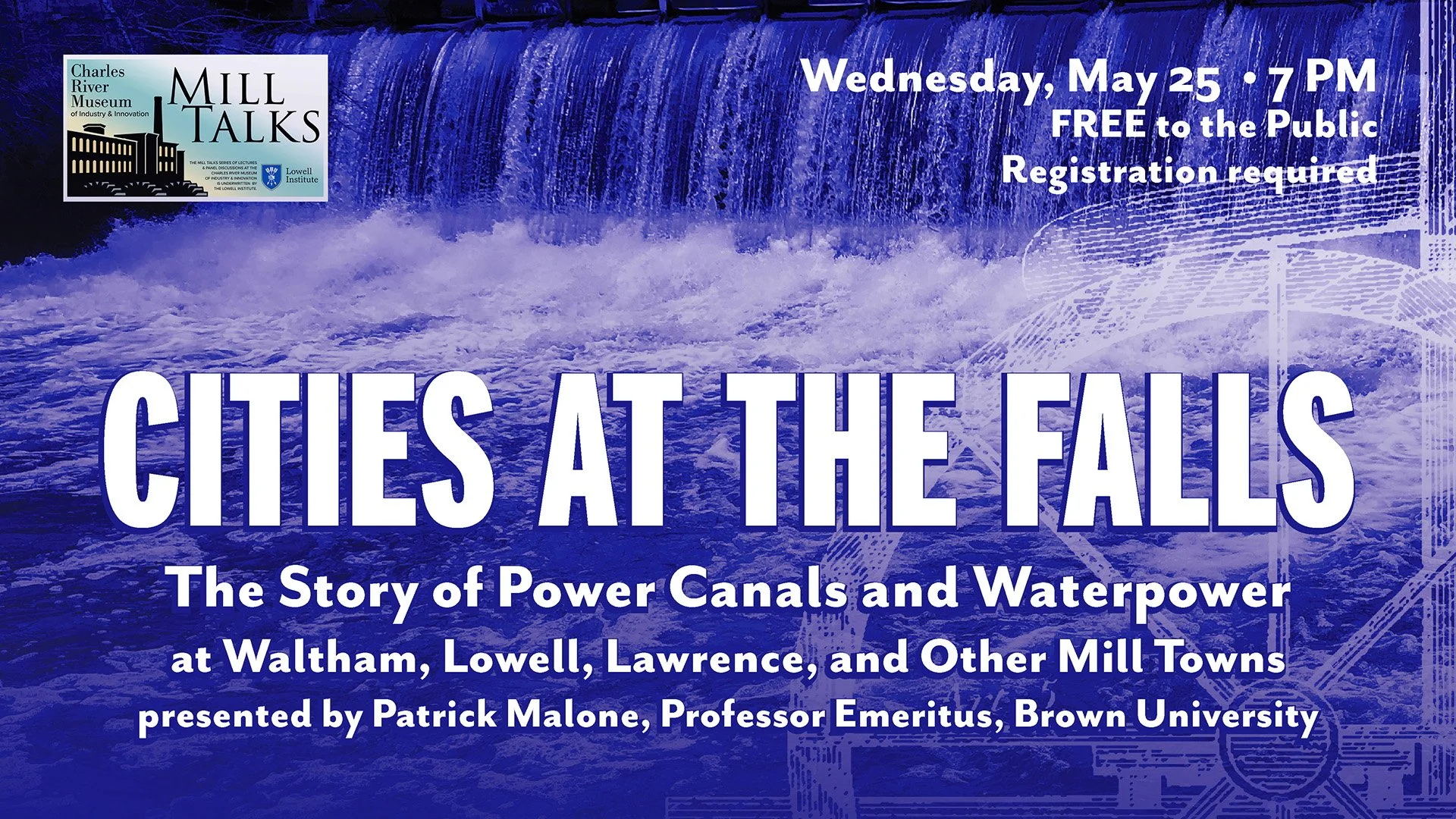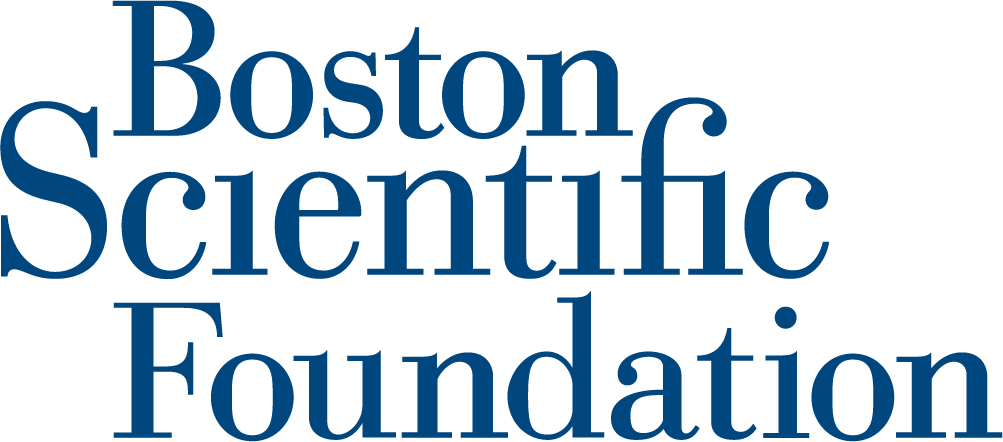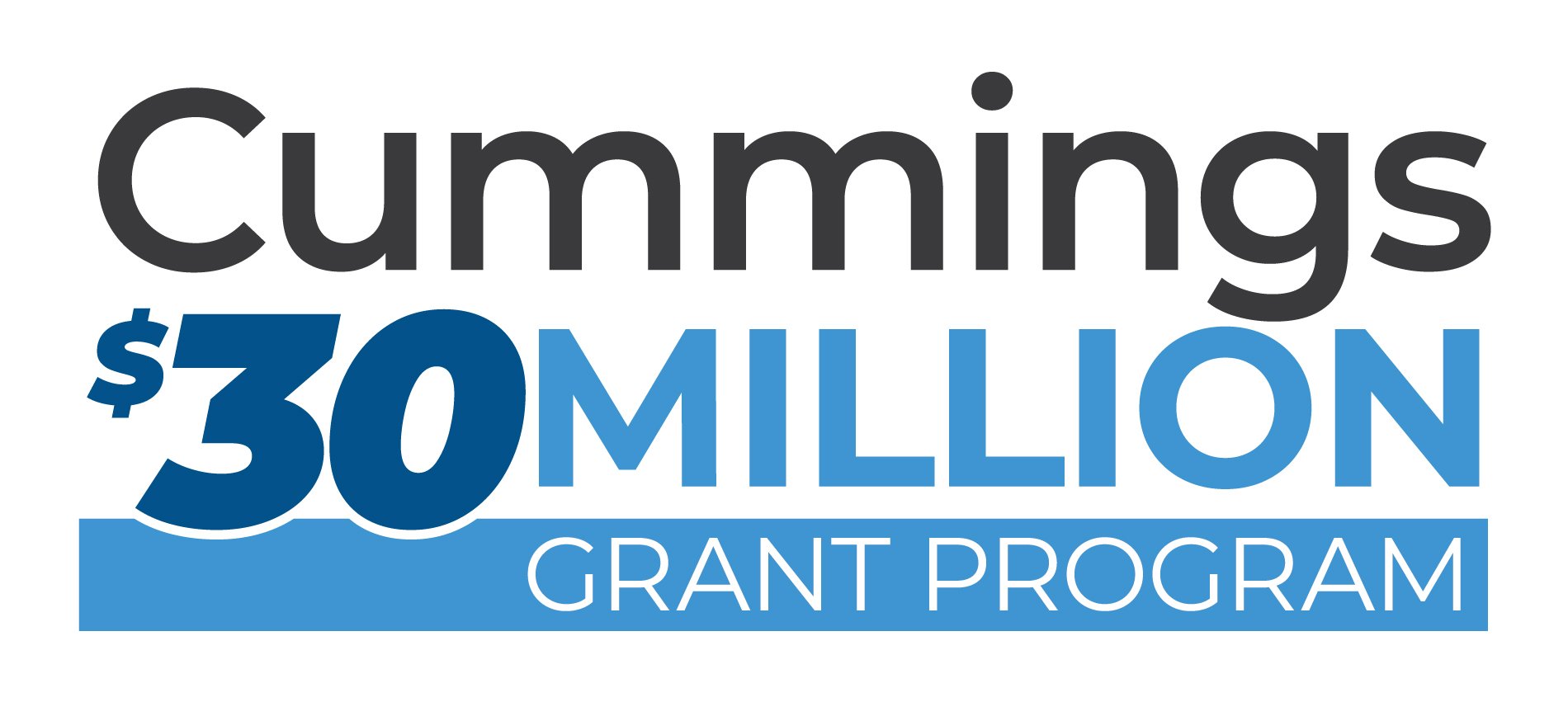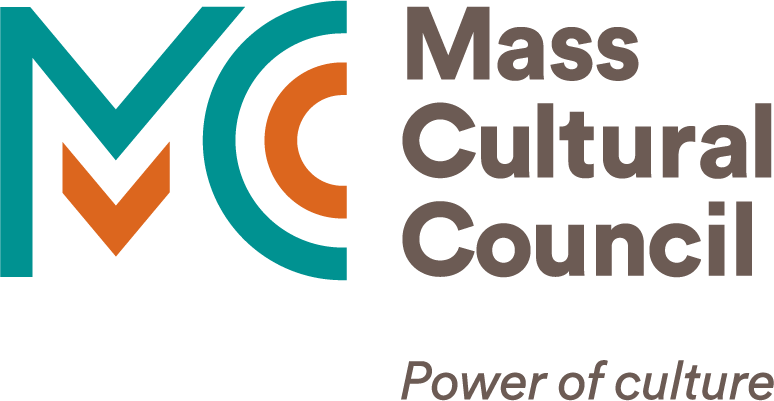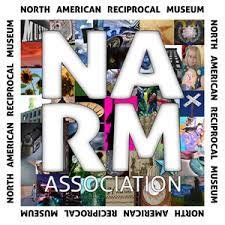
Mill Talk: Baby Food and the Industrialization of Taste in the United States
Mill Talk: Baby Food and the Industrialization of Taste in the United States
presented by Professor Amy Bentley, New York University
Free to the public
REGISTRATION REQUIRED
When Francis Cabot Lowell revolutionized industrial manufacturing, he could never have imagined that industrialization at scale would change everything about the way we work, live, and even eat. Join us for an eye-opening talk from NYU Professor Amy Bentley as she traces the development of the modern American diet as it became another sector of the mass manufacturing commercial economy. Food could be processed, packaged, and sold faster, more efficiently, and in huge quantities – but there were serious unintended consequences. Her case study – baby food.
By the 1950s, commercial baby food had become emblematic of all things modern in postwar
America. Little jars of baby food were thought to resolve a multitude of problems in the domestic sphere, but these baby food products laden with sugar, salt, and starch also became a gateway to the industrialized diet that blossomed during this period.
Today, baby food continues to be shaped by medical, commercial, and parenting trends. Baby food producers now contend with health and nutrition problems as well as the rise of alternative food movements. All of this matters because it’s during infancy that palates become acclimated to tastes and textures, including those of highly processed, minimally nutritious, and calorie-dense industrial food products.
Speaker Bio: Amy Bentley is Professor in the Department of Nutrition and Food Studies at New York University, a 2024-25 NYU Humanities Fellow, and recipient of a 2024 NYU Distinguished Teaching Award. A historian with interests in the social, historical, and cultural contexts of food, she is the author of Inventing Baby Food: Taste, Health, and the Industrialization of the American Diet (California, 2014), (James Beard Award finalist, and ASFS Best Book Award).
Current research projects include a history of food in US hospitals, the cultural and historical contexts of meat and dairy substitutes, the cultural contexts of food waste, the role of flavor in human and planetary health, and an assessment of how historians write about food. She has been featured as an expert on the science of the American diet, most recently in the New York Times Magazine article “Ozempic Could Crush the Junk Food Industry. But It Is Fighting Back” (Nov. 19, 2024).
Mill Talks at the Charles River Museum of Industry and Innovation are free and open to the public and are made possible by the generous support of the Lowell Institute.
